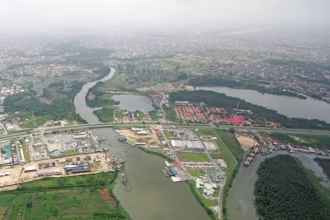Delta State is one of the few states in Nigeria with a rich mix of federal, state, and private universities. These institutions provide opportunities in different fields, from oil and gas studies to medicine, business, and the arts. Over the years, graduates from these schools have gone on to compete not just in Nigeria but also in the global job market.
1. Delta State University (DELSU)
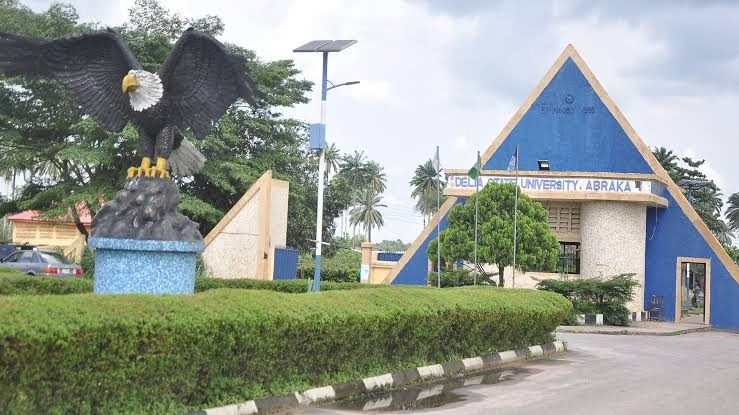
Delta State University, popularly called DELSU, is the flagship state-owned university with campuses in Abraka, Anwai-Asaba, and Oleh. It offers a wide range of courses including medicine, law, engineering, business, and the arts. DELSU graduates are known for their resilience and strong professional presence both locally and abroad.
2. Federal University of Petroleum Resources, Effurun (FUPRE)
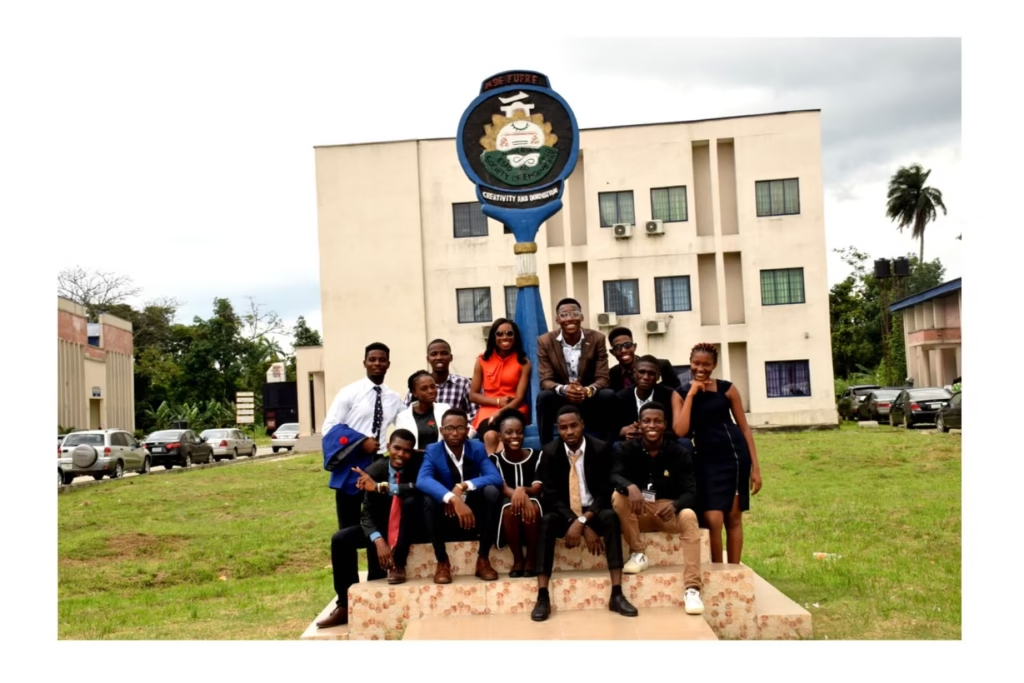
FUPRE is Nigeria’s first petroleum university and is located in Effurun near Warri. The school specializes in petroleum engineering, geosciences, and technology programs tied to the oil and gas sector. With strong partnerships in the industry, FUPRE equips its students with skills that are highly valued globally.
3. Delta State University of Science and Technology, Ozoro
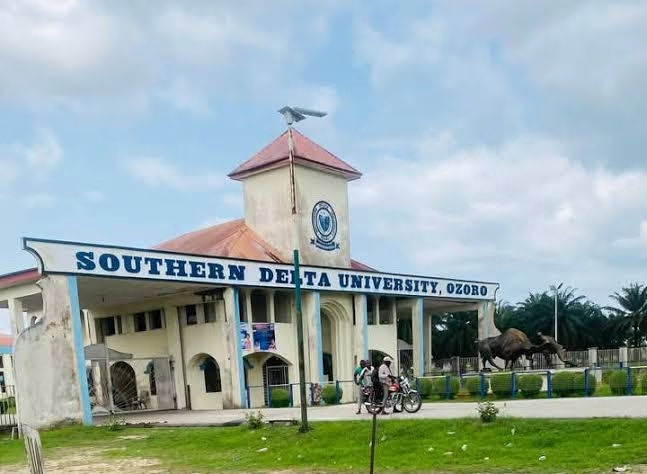
Formerly known as Delta State Polytechnic, Ozoro was upgraded to a university in 2021. It focuses on science, technology, and innovation. With courses in engineering, computing, agriculture, and environmental sciences, Ozoro is grooming students who can thrive in both local and international markets. The university is now being renamed to Southern Delta University, Ozoro.
4. Dennis Osadebay University, Anwai-Asaba
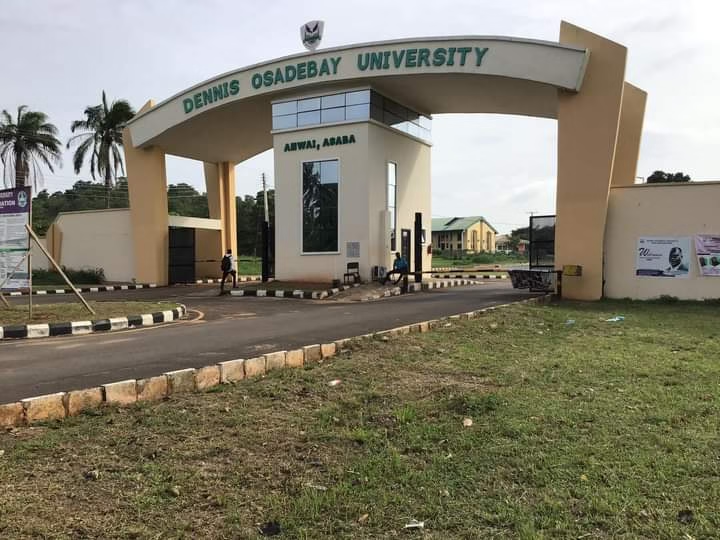
This relatively new state-owned university was also established in 2021. It offers programs across arts, sciences, management, and education. The university is part of the government’s plan to expand access to higher education in Delta and reduce the pressure on DELSU.
5. University of Delta (UNIDEL), Agbor
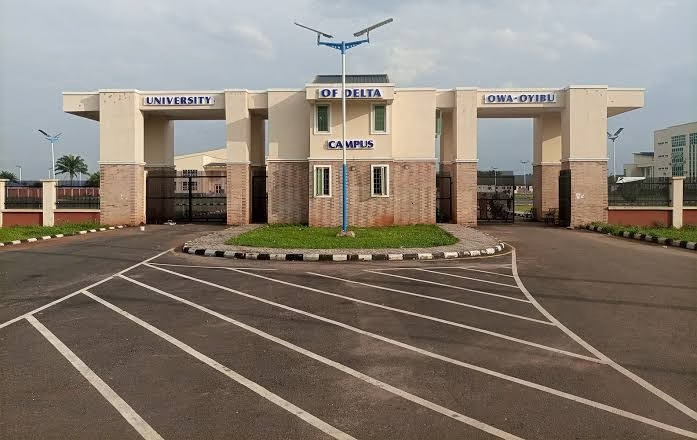
Also established in 2021, UNIDEL is another state-owned university providing opportunities in education, arts, and sciences. Its mission is to produce graduates who can compete globally while addressing local challenges in Delta communities.
5. Novena University, Ogume
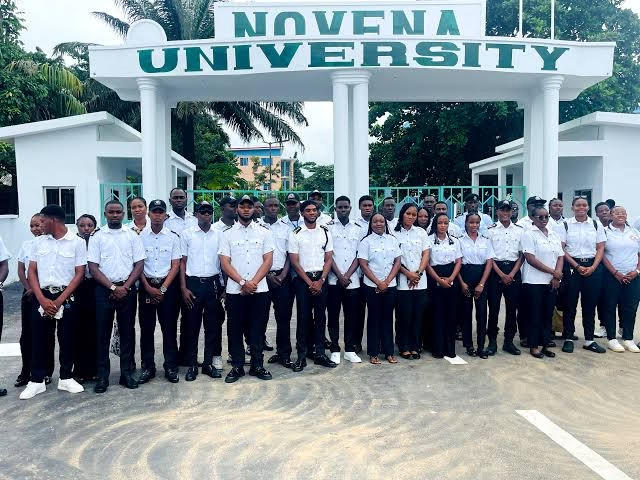
As the first private university in Delta State, Novena University has earned recognition for its programs in sciences, arts, and social sciences. With smaller class sizes and flexible academic structures, it attracts students who want a more personalized university experience.
7. Western Delta University, Oghara

Western Delta University is a private institution with strengths in social sciences, management, and law. It is also building capacity in research and innovation. Graduates from WDU are increasingly visible in business and postgraduate programs abroad.
8. Edwin Clark University, Kiagbodo
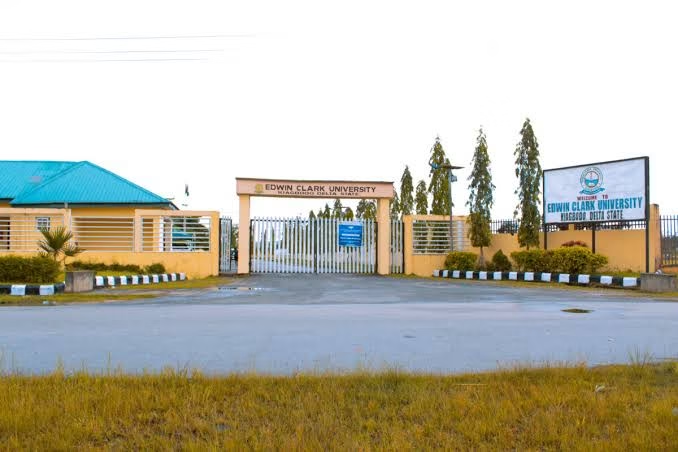
Named after the elder statesman Edwin Clark, this private university offers a broad range of courses in science, technology, arts, and social sciences. It emphasizes discipline and academic excellence while giving students modern facilities to prepare them for global competition.
9. Admiralty University of Nigeria, Ibusa
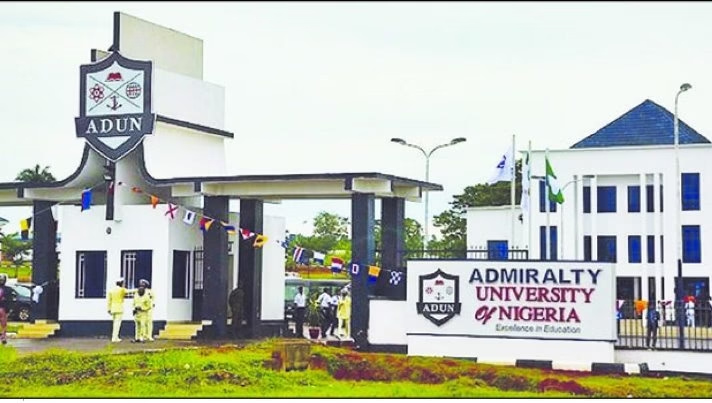
Located near Asaba, Admiralty University is a unique private institution with strong ties to the Nigerian Navy. It offers programs in security studies, business, sciences, and engineering. Its blend of military discipline and academics makes it stand out in Nigeria’s educational sector.
How Delta Graduates Compete Globally
The strength of graduates from these universities lies in their adaptability. Many study under challenging conditions but still develop the creativity and problem-solving skills needed to succeed internationally. Whether through postgraduate studies abroad, freelancing in digital industries, or professional careers in oil and gas, ICT, law, and medicine, graduates from Delta universities have proven their ability to compete globally.
Delta State may not yet have Ivy League–level institutions, but its universities are steadily building reputations that travel far beyond Nigeria’s borders. The determination of their graduates is proof that where you study is only part of the story — how you apply what you learned is what makes the difference.






